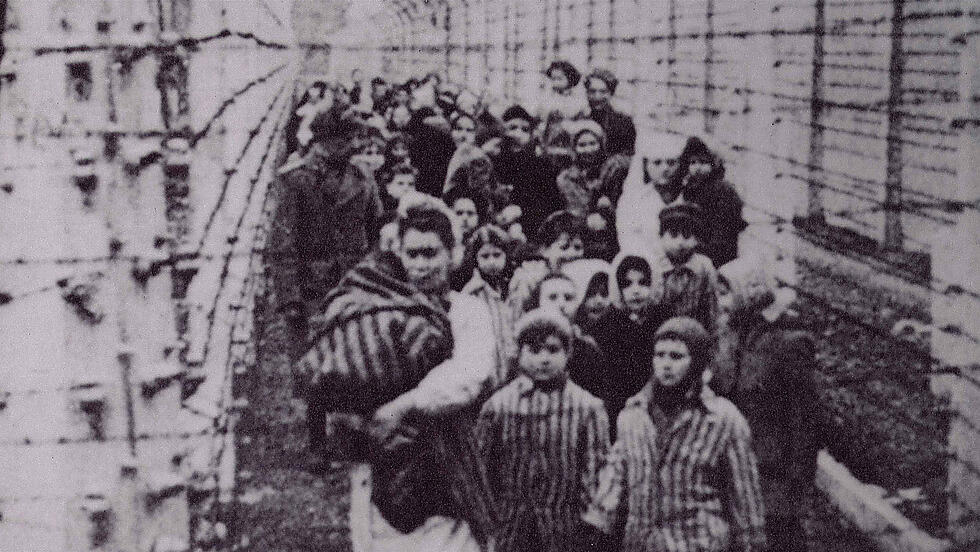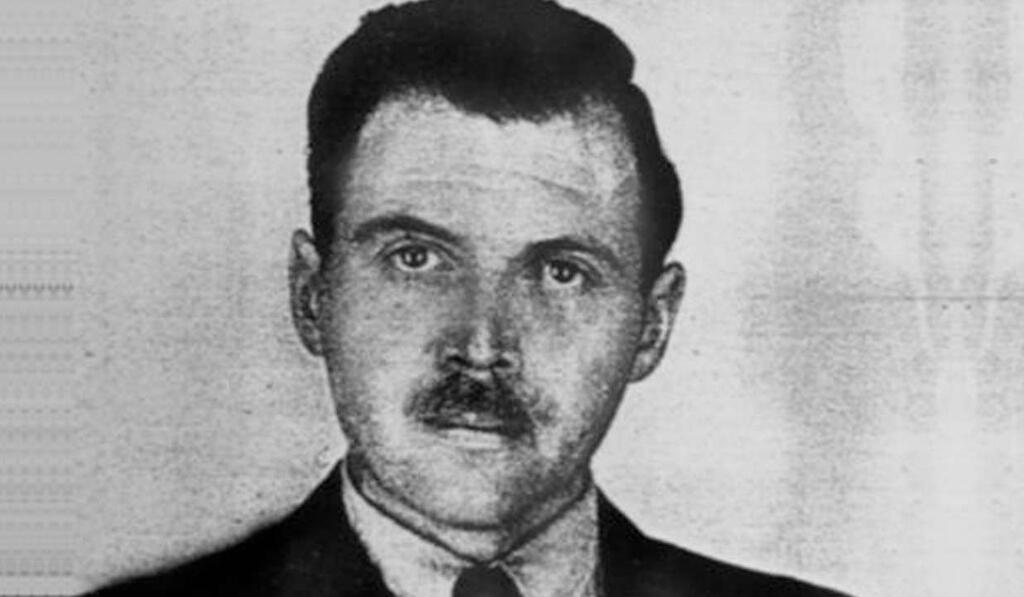The prestigious and longstanding medical journal, the New England Journal of Medicine, has published an article that sharply slams its own negligence regarding the horrors of the Nazi Party’s medical practices in the 1930s and was reluctant to recognize the antisemitic abuses perpetrated by Nazi Germany.
The article, Nazism and the Journal, written by authors Joelle M. Abi-Rached and Allan M. Brandt, both historians of medicine affiliated with Harvard University, available online and set for publication in the Thursday print edition of the New England Journal of Medicine, delves into the publication's past support for Nazi race science. "We hope it will enable us to learn from our mistakes and prevent new ones," the authors wrote.
"Hitler was first specifically mentioned in the Journal in 1935, in an article by Michael M. Davis, a noted American health expert and reformer, and his collaborator Gertrud Kroeger, a leading German nurse. Yet between this article and 1944, when Nazi war crimes were first explicitly acknowledged in an editorial, the Journal remained all but silent regarding the deeply antisemitic and racist motives of Nazi science and medicine and the threat to the “ideals” of civilization, as Albert Einstein put it in an open letter to the Prussian Academy of Sciences. Antisemitism was a critical element of Nazi racial science."
At that time, Jews were already prohibited from various prestigious positions, including roles in public universities, and Jewish doctors encountered limitations in practicing medicine.
“There is no reference to the slew of persecutory and antisemitic laws that had been passed after the Nazis assumed power in January 1933,” the article said. “Davis and Kroeger sympathetically described the requirement that insurance physicians complete 3 months of compulsory service at newly established labor camps in rural areas.”
Abi-Rached and Brandt also discovered that the Journal "enthusiastically praised German forced sterilization and the restrictive alcohol policies of the Hitler Youth." A 1934 article on sterilization, titled "Sterilization and Its Possible Accomplishments," remains accessible in the journal's online archive.
In 1933, the Third Reich passed the Law for the Prevention of Offspring with Hereditary Diseases, mandating the forced sterilization of individuals with specific mental and physical disabilities. By 1935, the Marital Health Law prohibited marriages between those considered "hereditarily healthy" and those who were not. This was the same year Nazi Germany deprived Jews of citizenship and barred them from marrying non-Jews.
The medical journal also didn't recognize Nazi war crimes until 1944, when it published an editorial titled "Epidemic Starvation," highlighting the severe conditions in concentration camps in Eastern Europe.
Contemplating the journal's oversights during the Holocaust, Abi-Rached and Brandt search for explanations, ultimately landing on conclusions that, they argue, carry implications for present-day medical scholarship.
"The Journal paid only superficial and idiosyncratic attention to the rise of the Nazi state until the liberation of the camps in 1944–1945. Perhaps it was this complacency or lack of careful attention to the pernicious nature of Nazi rule that allowed Davis and Kroeger’s article to be published in the first place. As we explore historical injustices in the Journal and beyond, we must consider not only expressions of explicit and implicit bias, discrimination, racism, and oppression, but also how rationalization and denial may lead to silence, omission, and acquiescence — considerations that are critical to understanding systematic historical injustices and their powerful, tragic legacies."




